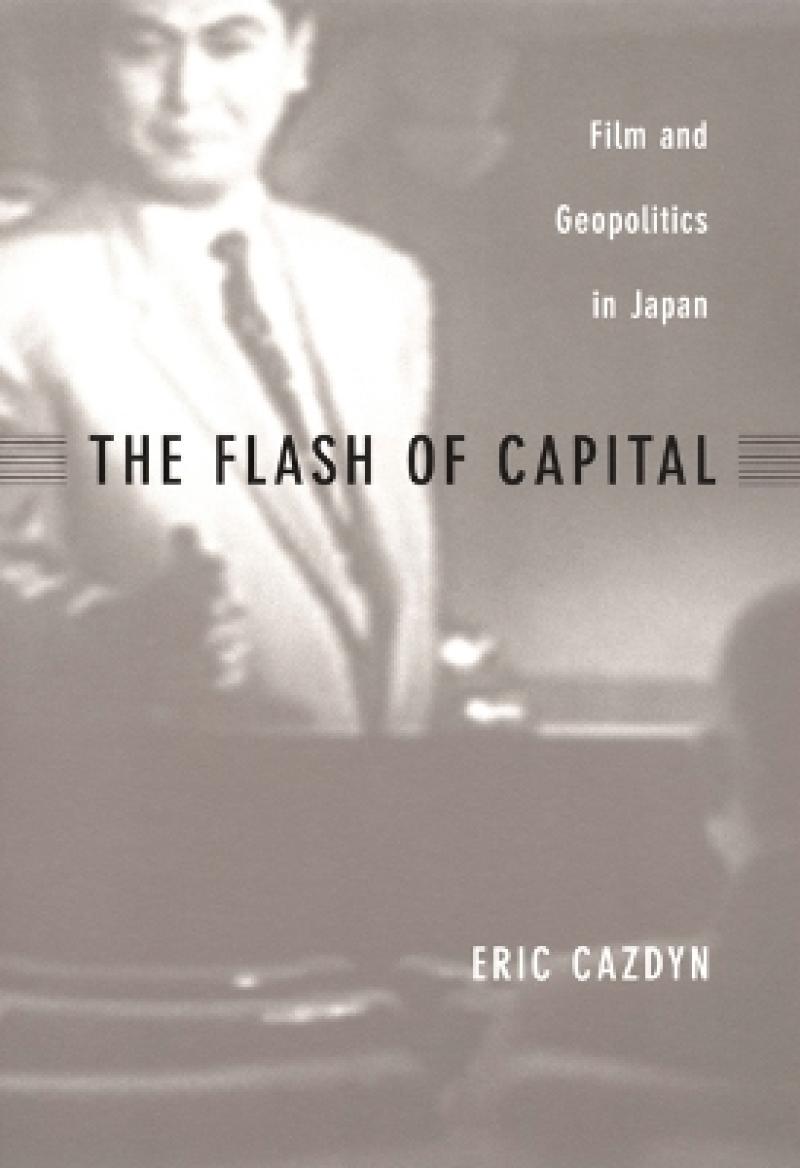“Cazdyn’s work is original, unique, and provocative. He asks hard questions, makes surprising connections, and as a result forces us to rethink the relationship of the aesthetic and the social in Japanese modernity.”—Mitsuhiro Yoshimoto, author of <i>Kurosawa: Film Studies and Japanese Cinema</i><br />
“This book redesigns the way in which Japanese cinema must be approached, taking into account the ‘longer term’ dynamics of economic formations as well as the way Japan is stitched into ‘global’ contemporary processes.”—Paul Willemen, author of <i>Looks and Frictions: Essays in Cultural Studies and Film Theory</i>
Produktdetaljer
Biographical note
Eric Cazdyn is Assistant Professor of East Asian Studies, Film, and Comparative Literature at the University of Toronto.
